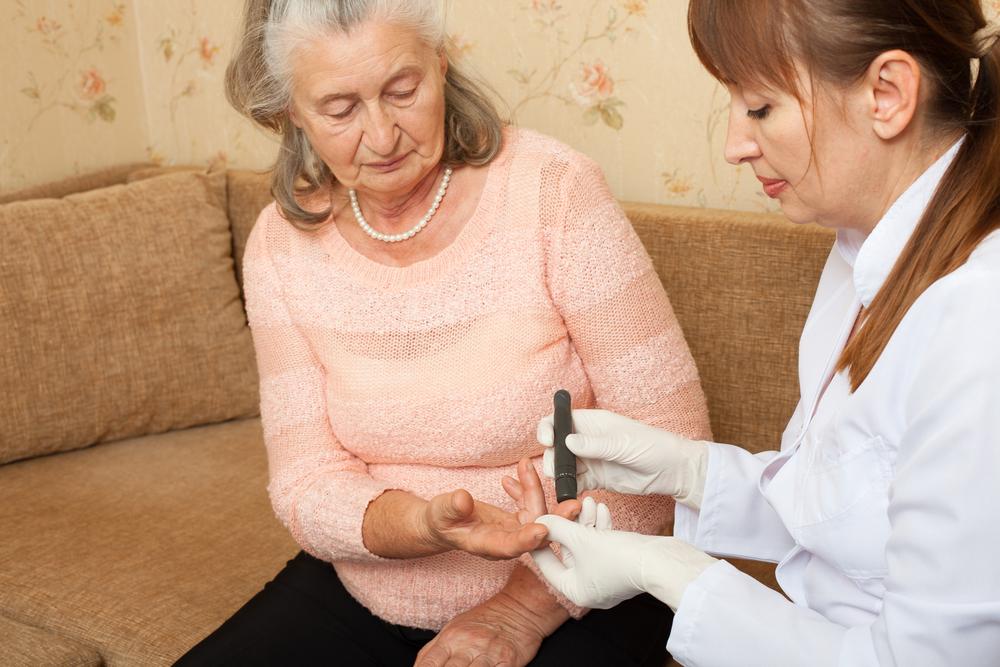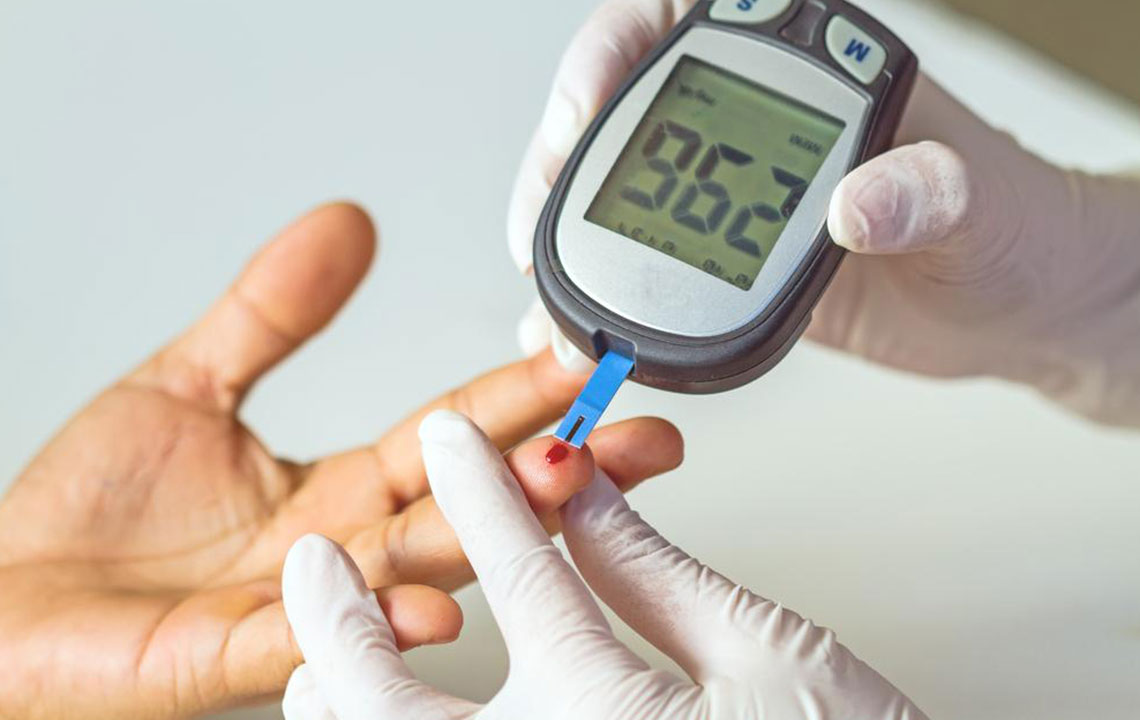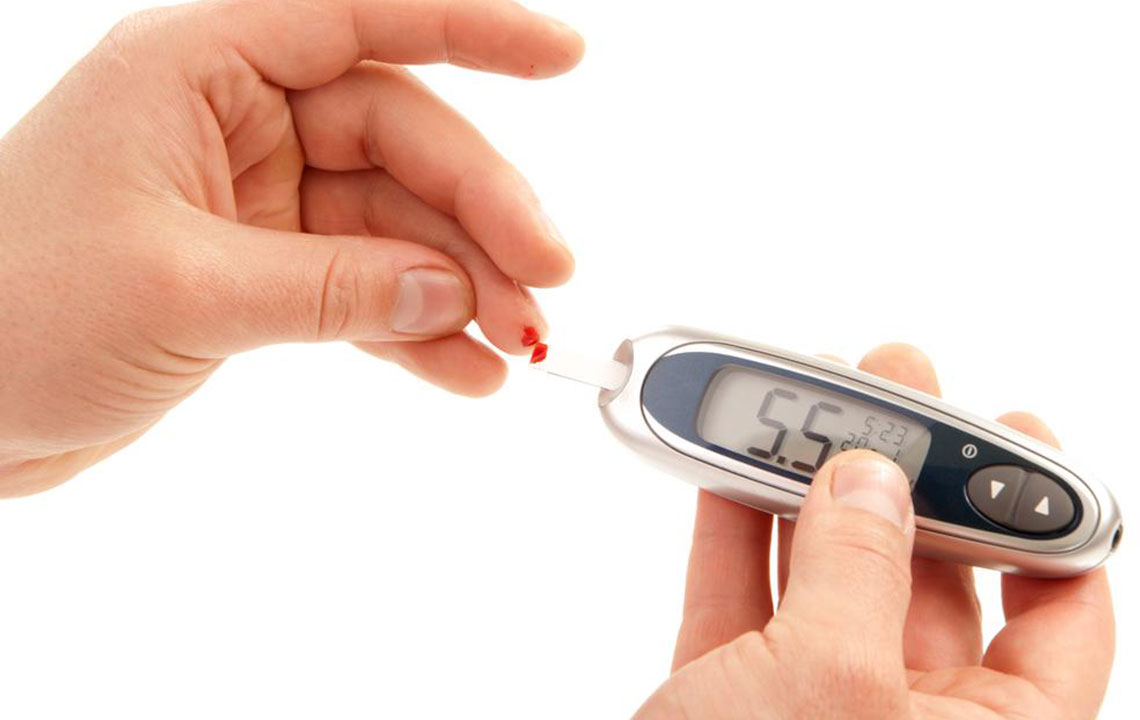Comprehensive Guide to Managing Diabetes Treatment Options
This comprehensive guide outlines essential strategies for diabetes management, including medication options, dietary guidance, exercise routines, and alternative therapies. Emphasizing the importance of professional consultation, it helps individuals understand how to control blood sugar levels effectively. Lifestyle changes, combined with medical treatment and complementary methods, can significantly improve quality of life for people with diabetes. Regular monitoring and personalized plans are key to managing this chronic condition successfully.

Understanding Diabetes Management Strategies
Globally, nearly 100 million individuals live with diabetes or prediabetes, with about 30 million in the United States alone. Diabetes can develop at any age, from the 20s to 60s. Regular blood sugar testing is essential, especially for those with risk factors. Managing diabetes requires professional medical guidance to develop an effective treatment plan. A multidisciplinary team, including a nutritionist, podiatrist, endocrinologist, and ophthalmologist, might be involved. The primary goal is to maintain blood glucose levels through medication, healthy eating, and exercise.
Adherence to prescribed medications, physical activity, and a balanced diet are crucial. Monitoring the effects of meals and medication timing helps prevent blood sugar fluctuations. For Type 1 diabetes, insulin therapy is necessary, with options including injections or pumps. Injectable insulins come in various types like rapid-acting, short-acting, long-acting, and ultra-long-acting. Oral medications are also prescribed, each targeting different aspects of blood sugar control.
Diet and Nutrition
Eating a nutritious, balanced diet tailored to individual needs is vital. Consultation with healthcare professionals helps personalize meal plans, emphasizing consistent carbohydrate intake, healthy fats, and lean proteins. Small, frequent meals along with healthy snacks support stable blood glucose levels. Avoid trans fats and limit saturated fats to keep heart health intact.
Physical Activity
Regular exercise like walking, strength training, or other activities recommended by your doctor enhances insulin sensitivity and helps lower blood sugar. Exercise also reduces the risk of cardiovascular diseases. Always consult healthcare providers before starting any new workout routine to ensure safety.
Alternative and Complementary Therapies
Some alternative treatments, including vitamins and minerals like Vitamin C, E, B6, B12, and magnesium, may support diabetes management when used alongside conventional medicine after doctor's advice. Mind-body practices such as yoga, meditation, hypnotherapy, and guided imagery can reduce stress and improve blood sugar stability.
Herbal and Natural Remedies
Herbal solutions like garlic, ginseng, holy basil, fenugreek seeds, evening primrose oil, and hawthorn are sometimes used as adjuncts. Consult your healthcare provider before incorporating these, as research on their effectiveness varies.
In conclusion, lifestyle modifications, medical treatment, and alternative therapies collectively contribute to effective diabetes management. Regular check-ups and adherence to your healthcare team's advice are essential for optimal health.










